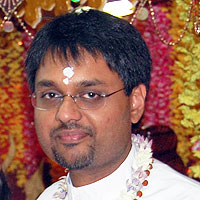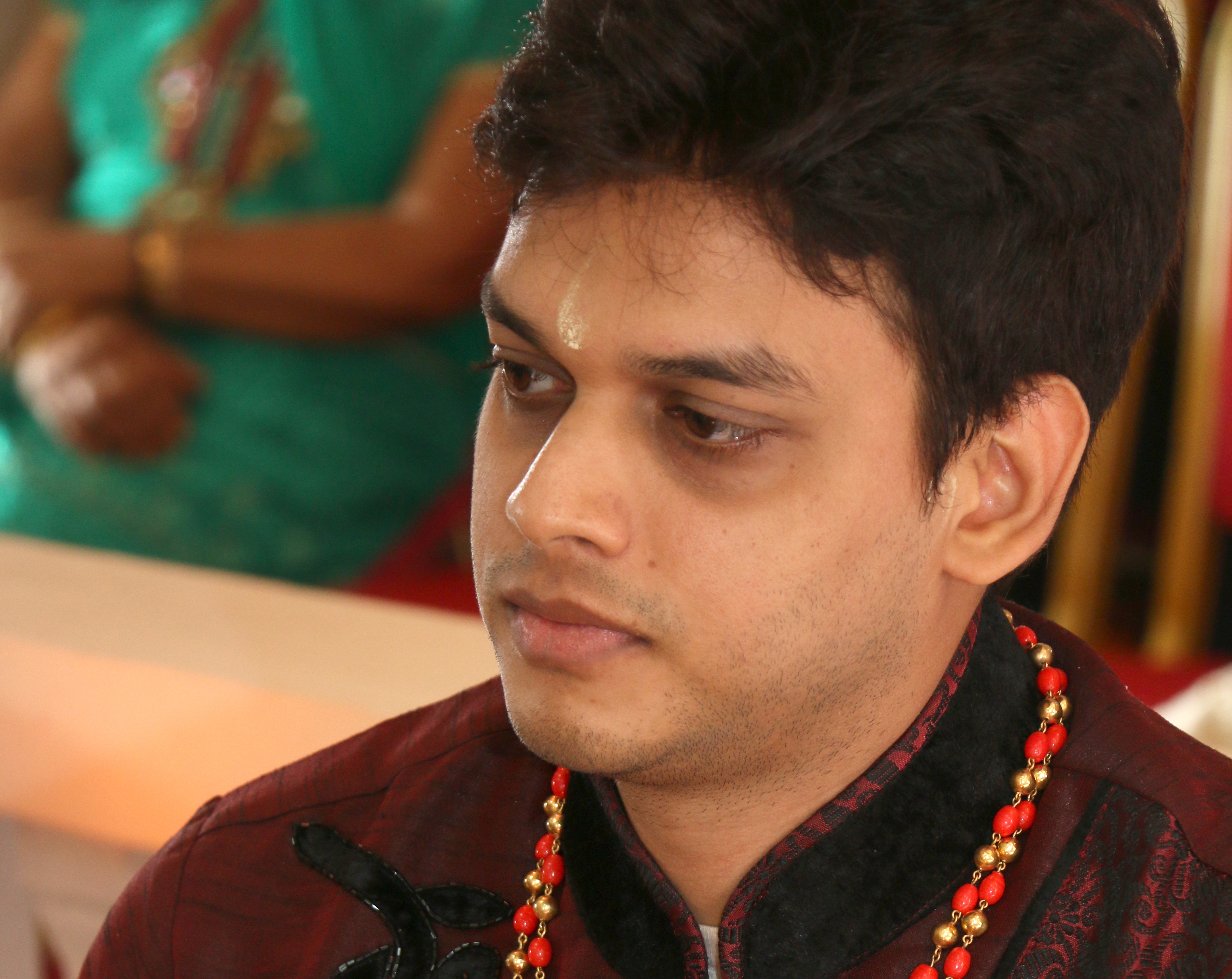From an interview with Paramacharya of SWAHA, H.H. Pt. Hardeo Persad
In this sacred period of Pitra Paksh, a term of profound significance, ‘pitra’ translates to ‘ancestor,’ and is paired with ‘paksha,’ denoting the expanse of a fortnight. During this time, we embark upon a journey of introspection, a voyage into the enduring legacy of our ancestors, endeavouring to recollect their spirits and contributions within our memories.
The eternal wisdom of the Shiva Samhita gently unfurls before us, elucidating the concept of ‘panch rin‘ – the five debts we all owe in this lifetime. To God, to the sages (rishis) who are the architects of wisdom, to the lineage of our ancestors (pitris), to society, and the lower forms of creation (bhoot), these debts are etched into our existence.
In reverence, we seek to discharge these debts through the consecration of five sacred yagya. Thus, our devotion to the Divine finds daily expression in worship, while our gratitude to the sages flows through the daily study of sacred scriptures. Our ancestors, in their wisdom, have bequeathed unto us a repository of laws, customs and values. A treasure trove, it is our solemn duty to safeguard, nurture and transmit this inheritance to the coming generations. Society, akin to a flourishing blossom, beseeches us to surrender our petals, scent, and essence to the nurturing hands of the gardener who cultivates our existence. Service to humanity, it is said, is service to the Divine, and a debt we must not neglect is that to the lower forms of creation, encompassing all beings, from the creatures of the wild to the verdant flora that sustains life.
Within the season of Pitra Paksh, our focus converges on our pitris, our ancestors. The sages, in their boundless wisdom, have devised a wondrous time of sacrifice, a conduit through which we may absolve ourselves of these profound debts. It is a sacred period, a time to magnify the sacrifices of our ancestors, an opportunity to eulogise their indelible contributions to the evolution of humanity. It serves as a clarion call, beckoning us to reflect upon and reciprocate the profound debt of gratitude to those who have traversed the annals of time before us.
The fortnight enshrined within the Hindu calendar, dedicated to this sacred observance, is but a mere brushstroke upon the canvas of our eternal gratitude. What finer homage can we bestow upon our forebears than to embody the lives they envisaged for us? Lives imbued with purpose and meaning, driven by an insatiable thirst for knowledge, both earthly and spiritual. The inheritance of their wisdom promises the elixir of a happier existence. The divine grace and blessings of our parents are the surest conduits to success on our arduous journey towards self-realisation.
In the rich tapestry of our indentured heritage, our forefathers possessed a profound understanding that ‘bhesh’ (attire), ‘bhaasha’ (language), ‘bhau’ (attitude), ‘bhajan’ (spiritual devotion), and ‘bhojan’ (nourishment) collectively lead us towards the divine realm. Our choices, fashioned from the fabric of sattvic purity and devotion, bear the power to either guide us closer to God or distance us from His divine embrace.
As this sacred time emerges before us, let us not permit its passage without a reverent homage to our ancestral history. Let us remember that we stand upon the sturdy shoulders of our forefathers, and in honouring their legacy, we find both purpose and communion with the Divine.



